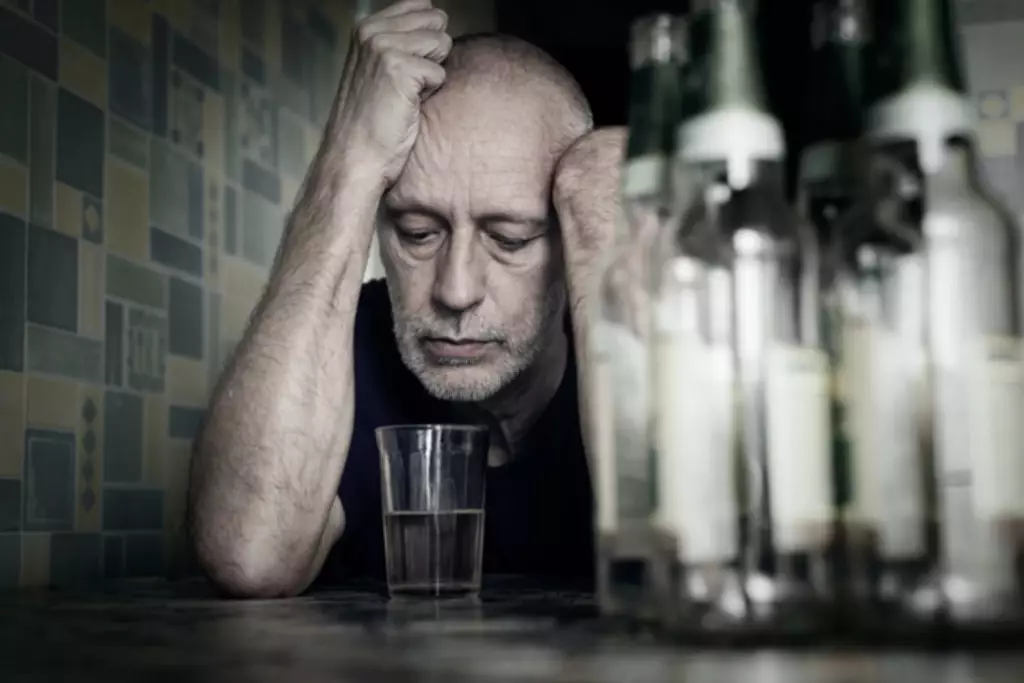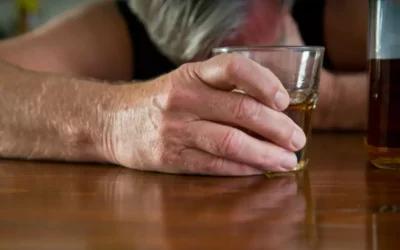Content
In their book “Changing for Good,” psychologists James Prochaska, John Norcross and Carlo DiClemente warn that those who “cut short the preparation stage” are more likely to fail. Others in the precontemplation stage may feel hopeless and helpless about their situation or overwhelmed by the energy required to make a change. Our facilities across the U.S. offer a full continuum of care, custom https://ecosoberhouse.com/ treatment plans, and comprehensive discharge plans to aid in the success of your recovery. In fact, one study showed that once the patient has achieved five years of sobriety, the chance of relapse is less than 15 percent. The longer the patient abstains from alcohol, the chances of a relapse lessen more and more. Interpersonal learning—groups correct the distorted perceptions of others.
- Important milestones such as recovery anniversaries are often seen as reasons to use.
- This may include, for example, a best friend, adult relatives or a member of your loved one’s faith.
- Prolonged abstinence along with healthy eating and exercise during this stage can also allow people to begin recovery from liver damage.
- In addition, a person with alcohol use disorder will find their lives disrupted by the alcohol habit.
Like diabetes or heart disease, it’s a chronic condition that requires major lifestyle changes to keep under control. As such, it’s crucial that people in addiction recovery make continuous active efforts to maintain sobriety. Complacency or a sense that the work is done once you reach maintenance is often a one-way ticket to recovery relapse. At this stage of addiction, the individual has progressed past experimenting with drugs or alcohol.
Emotional Relapse
Drinking every now and then isn’t a cause for concern with many adults. However, when drinking alcohol becomes routine and out of control, people may fall down the wrong path of addiction. Someone who is at the point of end-stage alcoholism needs treatment as soon as possible. If they choose not to address their drinking problem, they’re likely to drink themselves into an alcohol-induced illness, such as cirrhosis or cancer. Treatment is most beneficial for those at the point of middle-stage alcoholism.

Your treatment setting will depend on your stage of recovery and the severity of your illness. You may need inpatient medical (hospital), residential rehabilitation (rehab), outpatient intensive therapy or outpatient maintenance. Brain Recovery Prolonged, heavy drinking shrinks the brain and can have adverse effects such as mental fog, anxiety, and mood changes due to prolonged and excessive use. Within the first 14 days of abstinence, the brain recovers quickly from volume loss, according to a study conducted by the Central Institute of Mental Health in Germany, led by researcher Gabriele Ende. Many people choose to continue with outpatient treatment to help them on their path to recovery, while others choose to continue independently.
Who can I call for help with alcohol use disorder?
Dr. Bishop is also a certified open water scuba diver, he enjoys fishing, traveling, and hunting. Work with a support team to make sure that you are staying focused on moving forward and not dwelling in the past or repeating unhealthy behaviors. If you are at a rehab center you will have classes and groups to help you process these emotional swings.
They now use them regularly, although not enough to count as a substance use disorder. No matter how hopeless alcohol use disorder may seem, treatment can help. If you think you might have a problem with alcohol, call SAMHSA or talk to your healthcare provider. They can help you cope, make a treatment plan, prescribe medications and refer you to support programs. The diagnosis is made when drinking interferes with your life or affects your health.
What Is the Transtheoretical Model?
Because these drinkers are new to alcohol and are unsure of their own limits, binge drinking is common. While these individuals may not be daily drinkers, they do consume large amounts of alcohol at once. As they begin to manage their emotional states and cognitive processes more effectively, they can face situations that involve conflict or cause emotion. A process-oriented group may become appropriate for some clients who are finally able to confront painful realities, such as being an abused child or abusive parent.
- Cognitive capacity usually begins to return to normal in the middle stage of treatment.
- As they continue drinking, though, they move from a point where their reasons for drinking are no longer social but psychological.
- Clinical experience has shown that recovering individuals are often in a rush to skip past these tasks and get on with what they think are the real issues of recovery.
- Once a person reaches the chronic stage, they have little to no ability to limit their consumption.
- While every person’s journey to sobriety is unique, you may recognize yourself or a loved one in any of these stages.
- An intervention can motivate someone to seek help for alcohol or drug misuse, compulsive eating, or other addictive behaviors.
If relapses occur in an outpatient setting—as they often do, because relapses occur in all chronic illnesses, including addiction—the group member should be guided through the regression. In this frightening time, counselors need to ensure that the client has a sense of safety. Imparting information often is needed to help clients learn what needs to be done to get through a day without chemicals. Typically, people who abuse substances do not enter treatment on their own. Some enter treatment due to health problems, others because they are referred or mandated by the legal system, employers, or family members (Milgram and Rubin 1992).
Clinical experience has shown that when clients are under stress, they tend to glamorize their past use and think about it longingly. They begin to disqualify the positives they have gained through recovery. The cognitive challenge is to acknowledge that recovery stages of alcoholic recovery is sometimes hard work but addiction is even harder. If addiction were so easy, people wouldn’t want to quit and wouldn’t have to quit. The transition between emotional and mental relapse is not arbitrary, but the natural consequence of prolonged, poor self-care.

